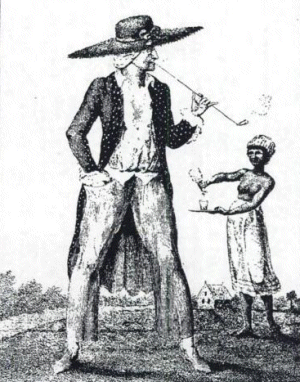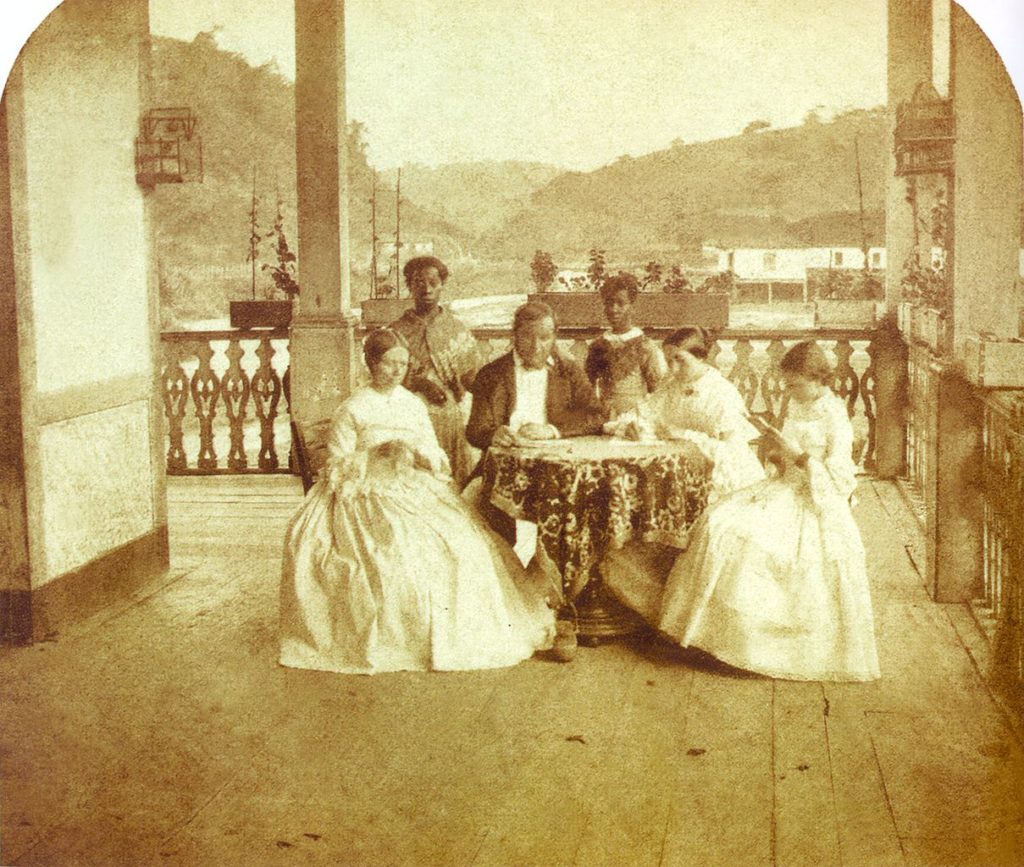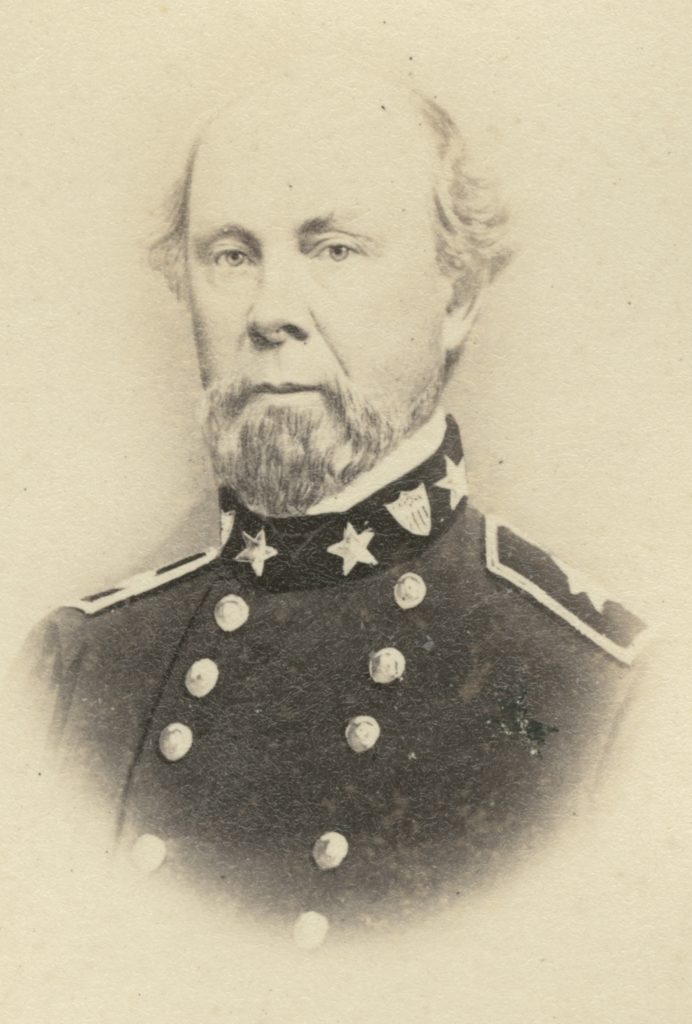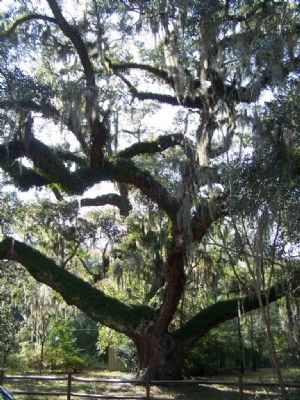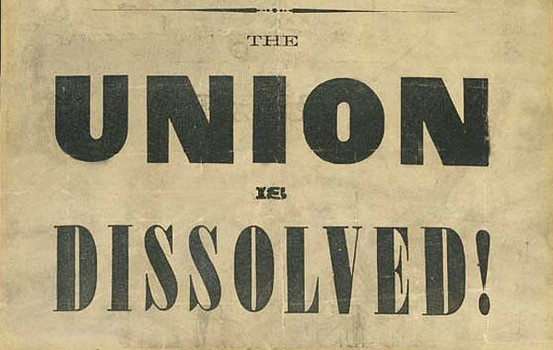THE ANTEBELLUM SOUTH
Beaufort became the epicenter of wealth in South with wealthy Sea Island cotton planters and mainland rice planters, building stately homes and mansions as a summer retreat against the sweltering heat associated with the Low Country. Revitalization of the Lowcountry's economy would have been impossible without the importation of thousands of slaves who outnumbered whites in the region by as much as ten to one before the onset of the Civil War.
The Beaufort District economy suffered severely at the conclusion of the war. Trade with England had dried up and indigo, although still cultivated, disappeared as a cash crop idling production on vast areas of cultivated lands.
Rice remained the foundation of the area’s agricultural wealth through the nineteenth century with the district being the second most productive rice-growing region in the state. New production and markets were needed to revitalize the young state. Cotton was that new "cash crop" and the Sea Island variety filled the niche and was soon to be prized worldwide.
RIGHTS ABRIDGED
Slaves were considered property and slavery existed in many different forms. Blacks could be found on small farms, large plantations, in cities and towns, inside homes, out in the fields, and in industry and transportation.
Most slaves worked on cotton plantations under harsh working and living conditions. Poor diets, substandard housing, lack of proper dress were the norms. Slaves on rice plantations lived in even harsher conditions as they were forced to work in the water, under a sweltering sun. Malaria was common and mortality figures were very high.
Plantations could be compared with a small town Black men preformed work as mechanics, blacksmiths, drivers, carpenters and other skilled trades. Black women had the additional burden of caring for white families by cooking and taking care of the children, as well as spinning, weaving, and sewing.
Domestic life often found black children playing with white children, neither being aware of their status until they grew older.
By the 1830's blacks and freemen outnumbered whites in Charleston and skilled blacks were often hired out by their masters or were able to hire themselves out.
SEEDS OF DISCONTENT
As the United States grew, rifts began to develop between a more industrial North and an agricultural South. The South felt that Northern states were treating them unfairly with issues concerning excessive regulations and taxation. The South had an influential voice representing them at the highest level, John C. Calhoun.
John C. Calhoun was a southern statesman and the 7th Vice President of the United States. He was a political advocate defending the institution of slavery and Southern interests from perceived Northern threats. He was a leading proponent of states' rights, limited government, nullification, and opposition to high tariffs (the Tariff of 1828 and the Tariff of 1832), issues which were inflaming his fellow Carolinians.
As a constitutionalist, Calhoun felt that each individual states’ government retained more power than the federal government and if necessary the state could legally nullify or void any federal law within its boundaries. Calhoun resigned as Vice President, planning to become a South Carolina Senator with the goal of trying to keep the South in the union. He was able to forsee and tried to resolve the problems by having the North accept his viewpoint.
His beliefs and warnings heavily influenced the Souths’ secession from the Union in 1860–1861.
STATES RIGHTS AND THE BLUFFTON MOVEMENT
The issue of Slavery, federal taxes and state’s rights came to a head on July 31, 1844, when several hundred prominent planters gathered under a large oak tree in Bluffton, South Carolina. This tree was designated the “Secession Oak" from which the Bluffton Movement was born. This one event served as a major turning point in Southern history and provided the momentum for the South Carolina’s secession in 1860.
South Carolina congressman Robert Barnwell Rhett spoke about the financial issues facing the South and about South Carolina’s need to leave the union. Congress had enacted the Tariff of 1842 raising the amount of dutiable goods as well as the rate of taxation on all goods produced in the south, resulting in a sharp decrease in international trade.
The imposition of the tariff obliterated the Compromise of 1833 which allowed for free markets and lowered the protectionist tariffs for the South. This action fomented massive opposition by southern states and enraged southern planters who relied on international markets, as Northern industrialists were now protected from competitive market forces.
Secondly, the movement concerned the Annexation of Texas. Southern states desired that the new state of Texas become a slave state fearing that slavery would end and that Texas could join the British Empire if it was not annexed. Northern states opposing slavery states wanted Texas admitted as a free state. These outcomes were unacceptable to southerners.
Rhett proclaimed that the South would continue suffering at the hands of Northern politicians and industrialists and that the only hope was to nullify the tariff or secede from the Union.
DECEMBER 20, 1860
Discontent over political and economic events had been building over decades. Tensions peaked just five-months after the election of Abraham Lincoln as President in November 1860.
The issues of expanding slavery drove a wedge deeper between Southern slave states and free states of the North. Lincoln's election provoked the first round of Southern states seceding as leaders were unwilling to remain in a second class political status or jeopardize their way of life.
South Carolina seceded from the union on December 20th 1960 with Alabama, Florida, Georgia, Louisiana, Mississippi, and Texas soon to follow.
CONFEDERATE STATES OF AMERICA
Excerpt from:
Declaration of the Immediate Causes Which Induce and Justify the Secession of South Carolina from the Federal Union
"The people of the State of South Carolina, in Convention assembled, on the 26th day of April, A.D., 1852, declared that the frequent violations of the Constitution of the United States, by the Federal Government, and its encroachments upon the reserved rights of the States, fully justified this State in then withdrawing from the Federal Union; but in deference to the opinions and wishes of the other slaveholding States, she forbore at that time to exercise this right. Since that time, these encroachments have continued to increase, and further forbearance ceases to be a virtue."


